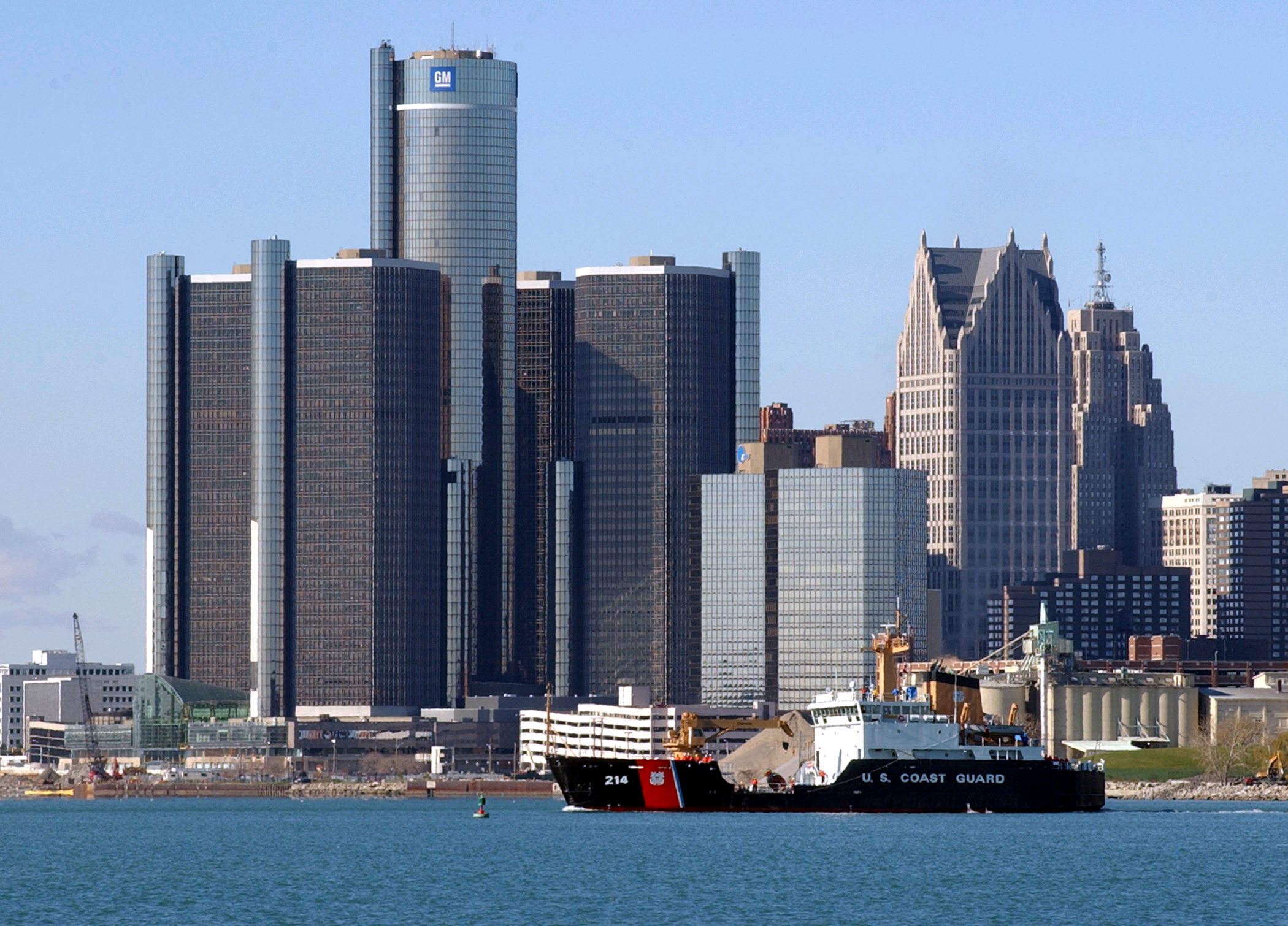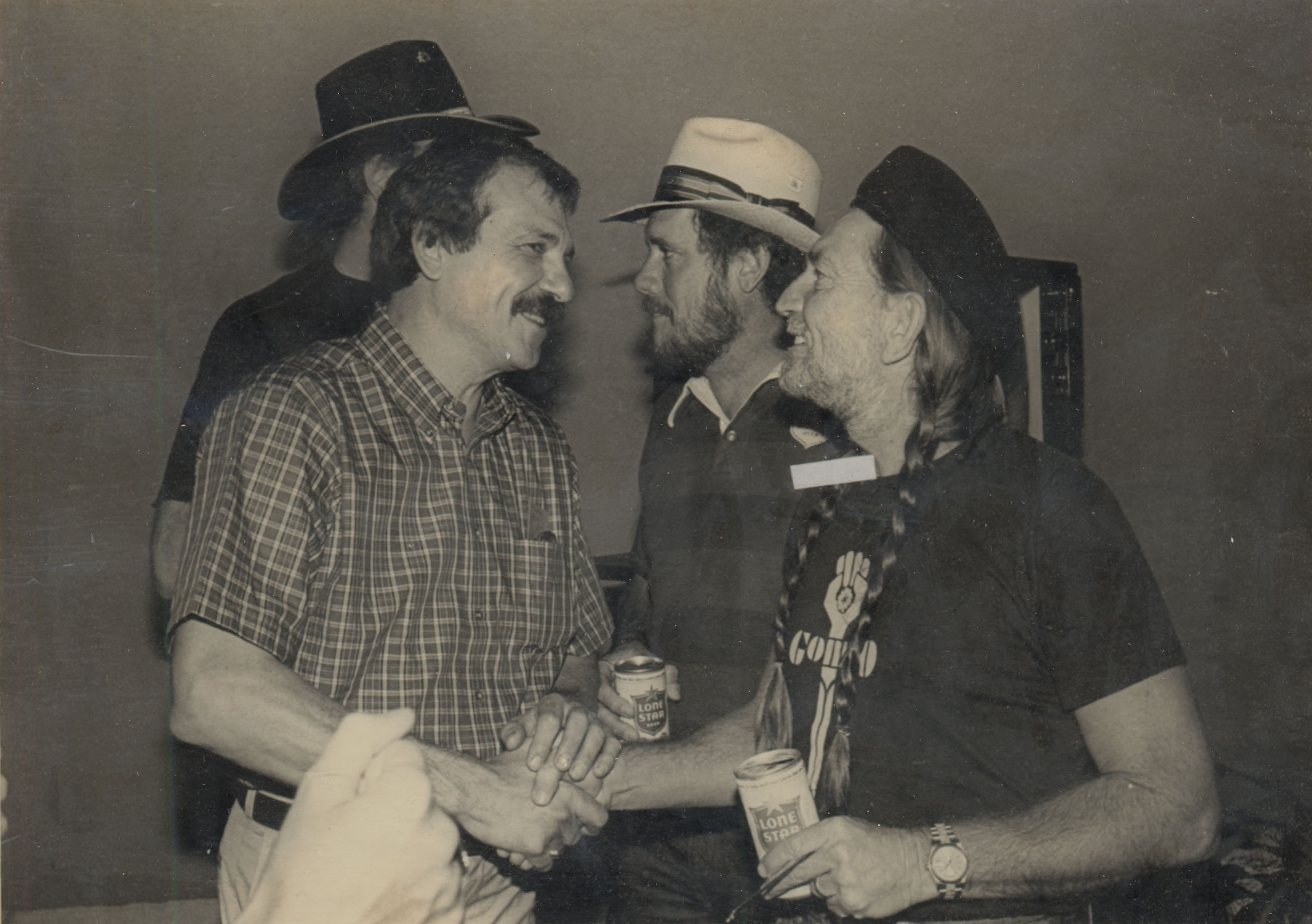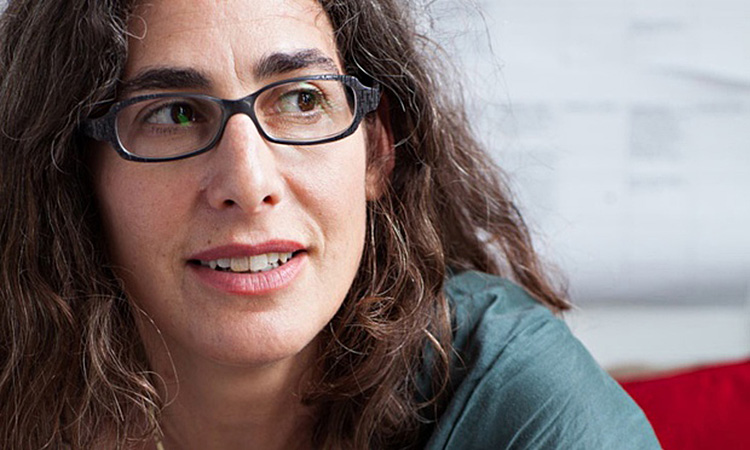Author: Mike Janssen
Mike has held the role of digital editor since 2014. Before becoming editor, he covered public radio and digital initiatives in public media for Current. Mike has also written for a variety of publications as a freelancer, was a Public Media Corps fellow, and has hosted talk and music shows on community radio stations in the Washington, D.C., area. In his spare time, he enjoys spending time with his family, playing banjo, cooking, and making coffee and cocktails.
Detroit journalism project gets additional boost from Knight Foundation
The Detroit Journalism Cooperative has "much more work to do," says its convener.By Mike JanssenMay 15, 2015Former KCTS reporter argues that station should sell spectrum
Writing for The Seattle Times, a communications professor and former reporter and producer for the city’s KCTS-TV argues that the station should sell its ...By Mike JanssenMay 13, 2015Beyond 180 Days: How to Go from the Date to the Altar
A conversation fabout the engagement activities, impact, and sustainability around the PBS special 180 Days: Hartsville.By Mike JanssenMay 11, 2015Bill Arhos, former KLRU president and co-creator of Austin City Limits, dies at 80
A lively music scene in Texas inspired Arhos to create the long-running public TV show.By Mike JanssenApril 15, 2015CPB’s Curren to retire, Reveal expands, and more comings and goings in public media
Curren has been CPB’s c.o.o. since 2006.By Mike JanssenApril 14, 2015Weekly roundup: Norman Lear vs. PBS, funding strategies and more
Plus a video to give you vertigo.By Mike JanssenApril 10, 2015Thanks to INN and Project Largo, a new look for Current
Our new design is easier to read and navigate, with a much improved look on your mobile device.By Mike JanssenApril 6, 2015Weekly roundup: Serial, Sound Medicine and community radio
Plus a marriage proposal delivered by pledge drive.By Mike JanssenApril 3, 2015Friday roundup: Jarl Mohn, James Baker and an NPR gap in the Caribbean
Our guide to the news and links you might have missed this week.By Mike JanssenMarch 27, 2015Friday roundup: Spot.us, Radiolab’s Austin tour, lessons from Sesame Workshop and more
What we've been reading this week.By Mike JanssenMarch 20, 2015Our Storify of public media tweets from SXSW Interactive
A roundup of insights and comments from several public media sessions at the annual conference.By Mike JanssenMarch 20, 2015At SXSW, NPR producer offers peek into network’s use of web metrics
Attendees at a SXSW panel Saturday got a look at how NPR uses website and social media metrics and shares the information ...By Mike JanssenMarch 14, 2015Our guide to public media events at SXSW
Check our list of pubmedia-related sessions — and let us know if we missed yours.By Mike JanssenMarch 12, 2015Weekly roundup: Infinite Dial, low-power FM, native advertising
And more links and news you might have missed this week.By Mike JanssenMarch 6, 2015Friday roundup: Diane Rehm’s right-to-die advocacy, Pacifica perpetually on the brink, and more
Plus: grants, HD Radio and public radio in classrooms.By Mike JanssenFebruary 20, 2015






